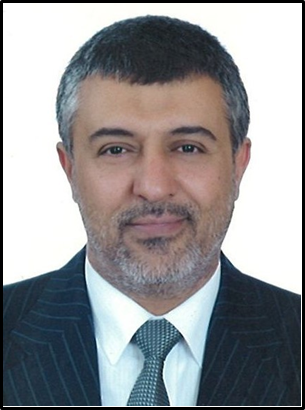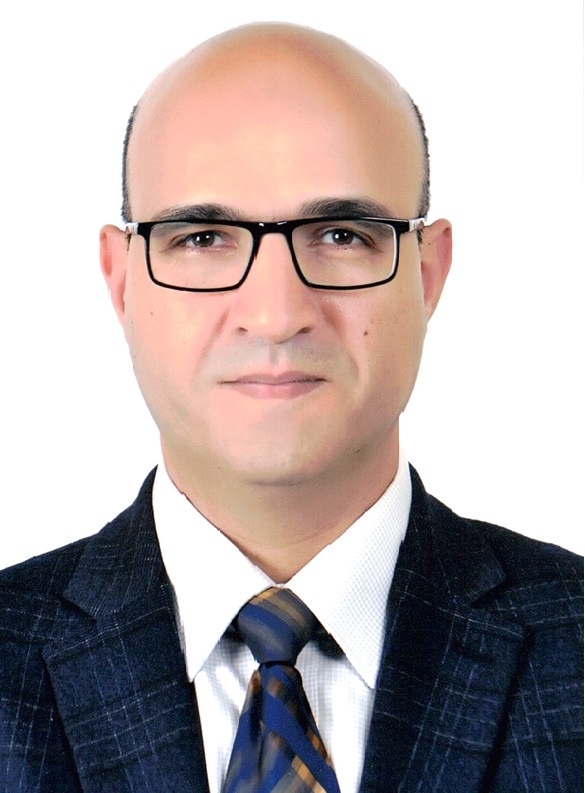Pathways to Strengthening Agricultural Water Governance, Enhancing Resilience, and Bridging Data Gaps in Water and Agriculture
- 15:00 - 16:30 (ICELAND)
Day 1
Conveners
-

FAO
-
-
Chairman
-

Ambassador. Mohamed AlHamdi / SENIOR LAND AND WATER OFFICER
Moderator
Speakers
-

Dr. Mohamed Abdallah / Project Coordinator Regional Water Scarcity Initiative Programme
-

Ms. Heba AlHariry / Land and Water Officer
-

Mr. Sinan Bacha / National Coordinator
-

Dr. Rania Shaaban / Director of Information and Digital Systems/Laboratories and Quality affairs
-

Dr. Ashraf Eid Ghanem / FAO Consultant
-

Dr. Maha Halalshe / FAO Technical Consualtant for Sanitary Safety Planning